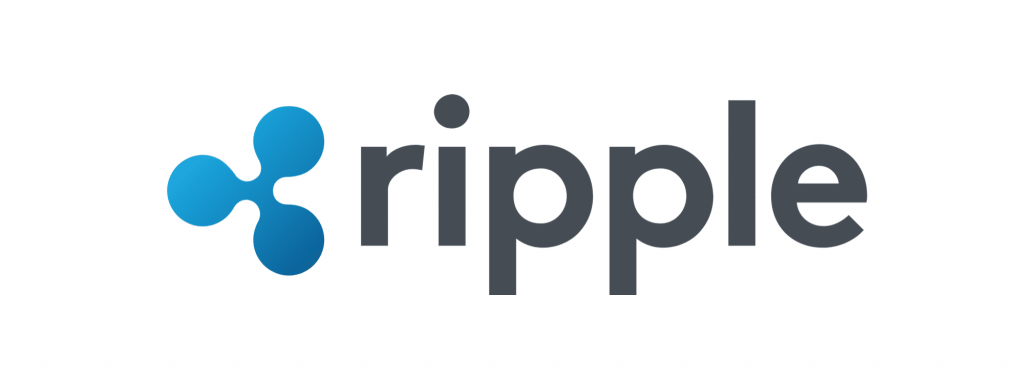Ripple recently announced its partnership with universities in the US, China, Brazil, and Singapore for the expansion of its global University Blockchain Research Initiative (UBRI).
According to the cryptocurrency’s press release, it launched the UBRI in June 2018 to promote research, technical development, and innovation in blockchain and other aspects of fintech like cryptocurrencies and digital payments.

The partner universities include Carnegie Mellon, Cornell, and Duke in the US, the University of Sao Paolo in Brazil, and the National University of Singapore. In December, Ripple partnered with the University of California, Berkeley in hosting a blockchain/fintech industry seminar at the Haas School of Business.
The Massachusetts Institute of Technology (MIT) and IT University in Copenhagen and many other universities around the world have launched blockchain laboratories and research centers. They have also initiated its degree and certification programs in blockchain and fintech.
Decentralized technologies such as blockchain, artificial intelligence (AI) and the Internet of Things (IoT) will eventually eliminate the need for banks, governments and other centralized institutions that regulate finances, Bettina Warburg, a blockchain expert said in her talk at the seventh World Government Summit in Dubai. For Warburg, these technologies will boost trade, creating a ‘sea of opportunity’ for countries since, by then, businesses are interlinked by distributed digital ledgers instead of traditional institutions.
Blockchain and other decentralized technologies will fundamentally reshape the world economy within the next five to ten years by evolving commerce and finance models into a distributed, autonomous, transparent system for value exchange, added Warburg, the co-founder of the US blockchain consultancy Animal Ventures.













